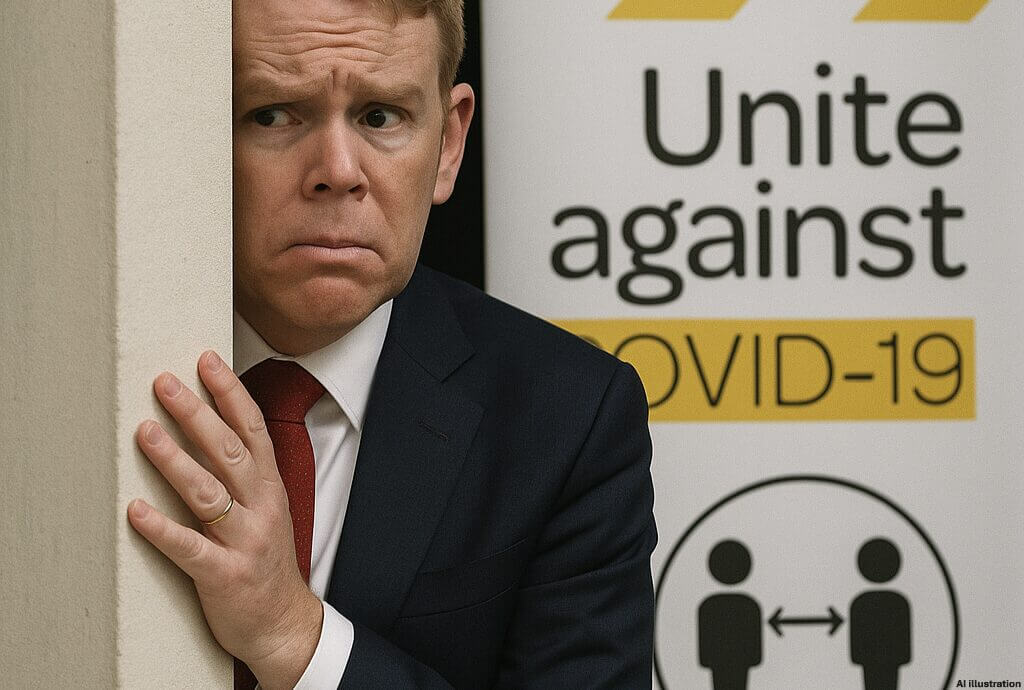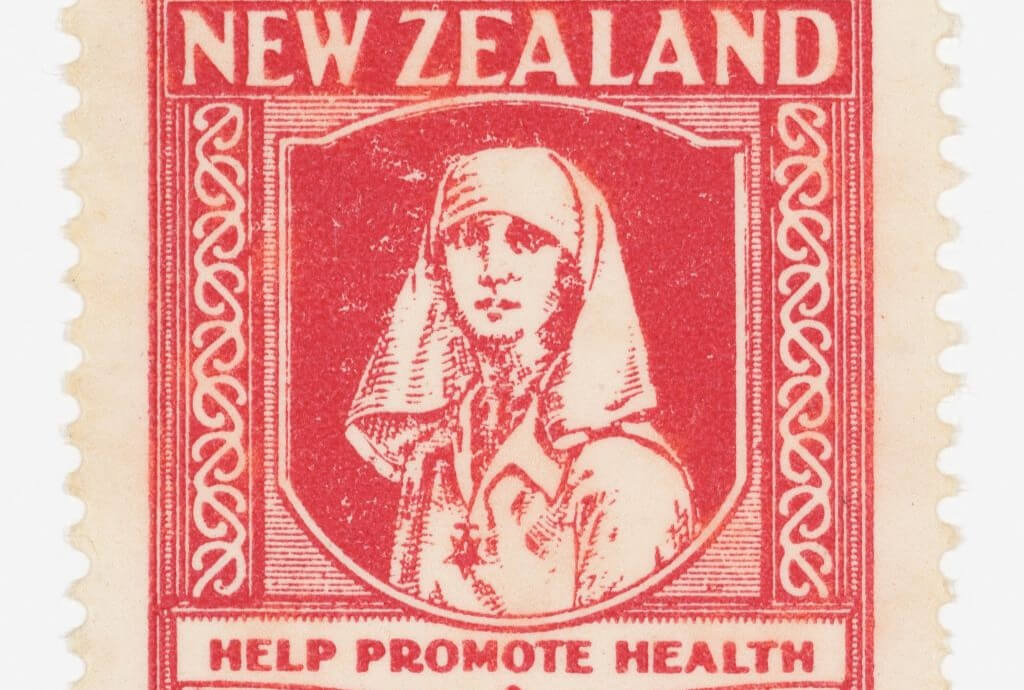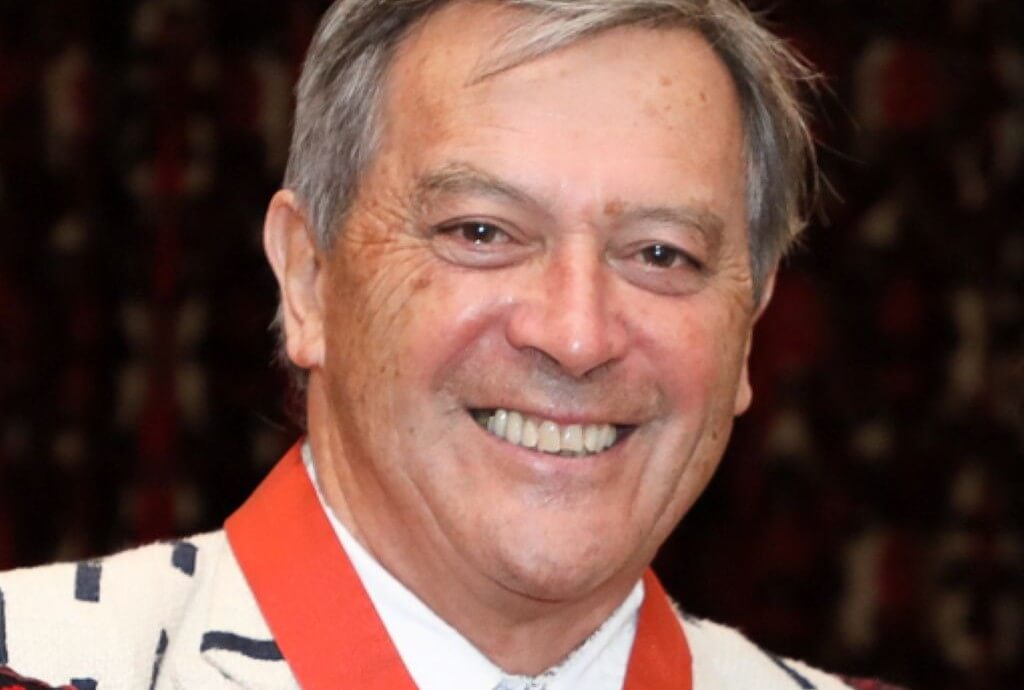Summarised by Centrist
New Zealand will continue its military assistance to Ukraine until at least December 2026, Prime Minister Christopher Luxon announced this week, with up to 100 NZDF personnel remaining deployed across Europe to support training, intelligence, logistics, and liaison operations.
The extension lifts New Zealand’s total contribution to $152 million in financial and in-kind support since 2022.
Framed as a show of “unwavering support” for Ukraine, the announcement signals a long-term commitment to a conflict that remains fluid, with ceasefire negotiations reportedly under way.
Foreign Minister Winston Peters acknowledged that “the situation in Ukraine remains dynamic” and confirmed New Zealand is “following the negotiations on a potential ceasefire very closely.”
Peters said the Government “welcomes efforts to achieve a just and lasting peace.”
Defence Minister Judith Collins said the deployment was a “highly valued use” of New Zealand’s military personnel, but the government’s press release does not address whether any reassessment of risk, cost, or end-state has been conducted.
Nor is there any public accounting of whether this continued deployment aligns with New Zealand’s own defence priorities.
Of the $152 million committed, $102.3 million has been spent on military training, logistics, and equipment. Only $31.9 million has gone toward humanitarian support, and a further $5.2 million to legal and human rights monitoring
While over 53,000 Ukrainian troops have reportedly been trained through allied efforts, New Zealand’s marginal impact must be weighed against the opportunity cost.



















